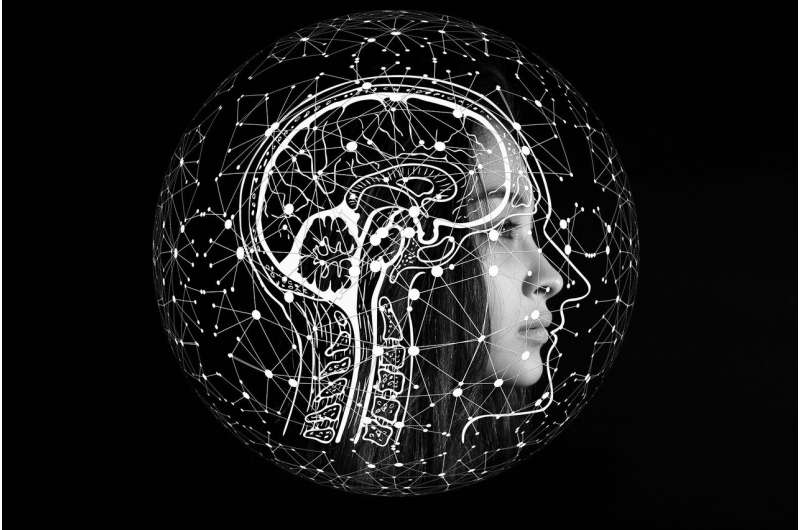May 20, 2020 report
Microsoft OpenAI computer is world's 5th most powerful

Microsoft announced Tuesday that it has built the fifth most powerful computer on Earth.
Packed with 285,000 processor cores and 10,000 GPUs, the supercomputer was built in collaboration with San Francisco-based artificial intelligence research organization OpenAI. Microsoft announced its partnership with OpenAI last year and contributed $1 billion to the project.
The computer will operate as part of Microsoft's Azure cloud computing system. The technology giant expects to achieve significantly better results from a single massive supercomputer system than from large numbers of smaller, isolated models.
Supercomputers are forging paths into natural language learning, realtime surgical procedures, climate change, molecular dynamics, cures for disease and astrophysical simulation.
In making the announcement at the start of its annual Build conference this week, Microsoft officials did not provide many specifics about its new gargantuan system. But an examination of the specs of its two closest competitors offers some insight. The new computer would place between two systems currently holding the 4th and 5th place in rankings of the most powerful computers, as determined by the Top500 ratings group.
In 5th place is the University of Texas Frontera Dell C6420 setup that reaches 23.5 petaflops. A petaflop, or one thousand teraflops, is a unit of measurement indicating a computer can perform one quadrillion floating point operations per second.
A university of Texas press release states that a human would require a billion years to tackle a single calculation per second to accomplish what the Frontera supercomputer can achieve in just one second.
In 4th place is the Tianhe-2A, the creation of China's National University of Defense Technology at the National Supercomputer Center in Guangzhou. Also called the Milky Way, that supercomputer has five million cores and can reach 61.4 petaflops.
Although Microsoft's new computer curiously remains unnamed, a ZDNet report theorizes the project codename is Odyssey. ZDNet cited recent published job openings by Microsoft that referred to an opportunity to work on "a massively parallel supercomputer… equivalent in power and storage of [up to] 100,000 machines."
Microsoft Chief Technical Officer Kevin Scott stated in a company blog this week, "This is about being able to do a hundred exciting things in natural language processing at once and a hundred exciting things in computer vision, and when you start to see combinations of these perceptual domains, you're going to have new applications that are hard to even imagine right now."
The new machine represents a significant step towards the era of true artificial general intelligence. AGI means a computer is capable of understanding the world as well as any human.
Noted futurist, inventor and author Ray Kurzweil predicts that an AGI that can pass the Turing test—devised by computer pioneer AlanTuring in 1950 to measure a computer's ability to exhibit human behavior—will be created by the end of this decade. By 2040, he predicted, cheap computers will be capable of performing the same number of calculations per second as the combined brainpower of the entire human race.
Tesla CEO Elon Musk was also initially a big supporter of AGI projects; he helped found OpenAI and contributed huge sums to support it. But he recently raised warnings about the potential misuse of AGI, going as far as to suggest it may be "the biggest existential threat" facing humanity. He has called for government and industry regulations on such research, including his own Tesla operations relying on AGI for its driverless vehicles.
And the late Cambridge University Professor Stephen Hawking warned, "The development of full artificial intelligence could spell the end of the human race."
Still, there is much to respect and admire about this burgeoning field. Summit, the world's fastest supercomputer (200 petaflops), has identified more than 77 drugs that may potentially be used to stop COVID-19 in its tracks. And, in a lighter achievement, DeepMind's AlphaGo became the first computer to defeat a human at the centuries-old Chinese strategy board game of Go.
AGI technology is extraordinary and beautiful. And inevitable. As always, it is the people handling the technology that will require our attention.
More information: blogs.microsoft.com/ai/openai-azure-supercomputer/
© 2020 Science X Network





















